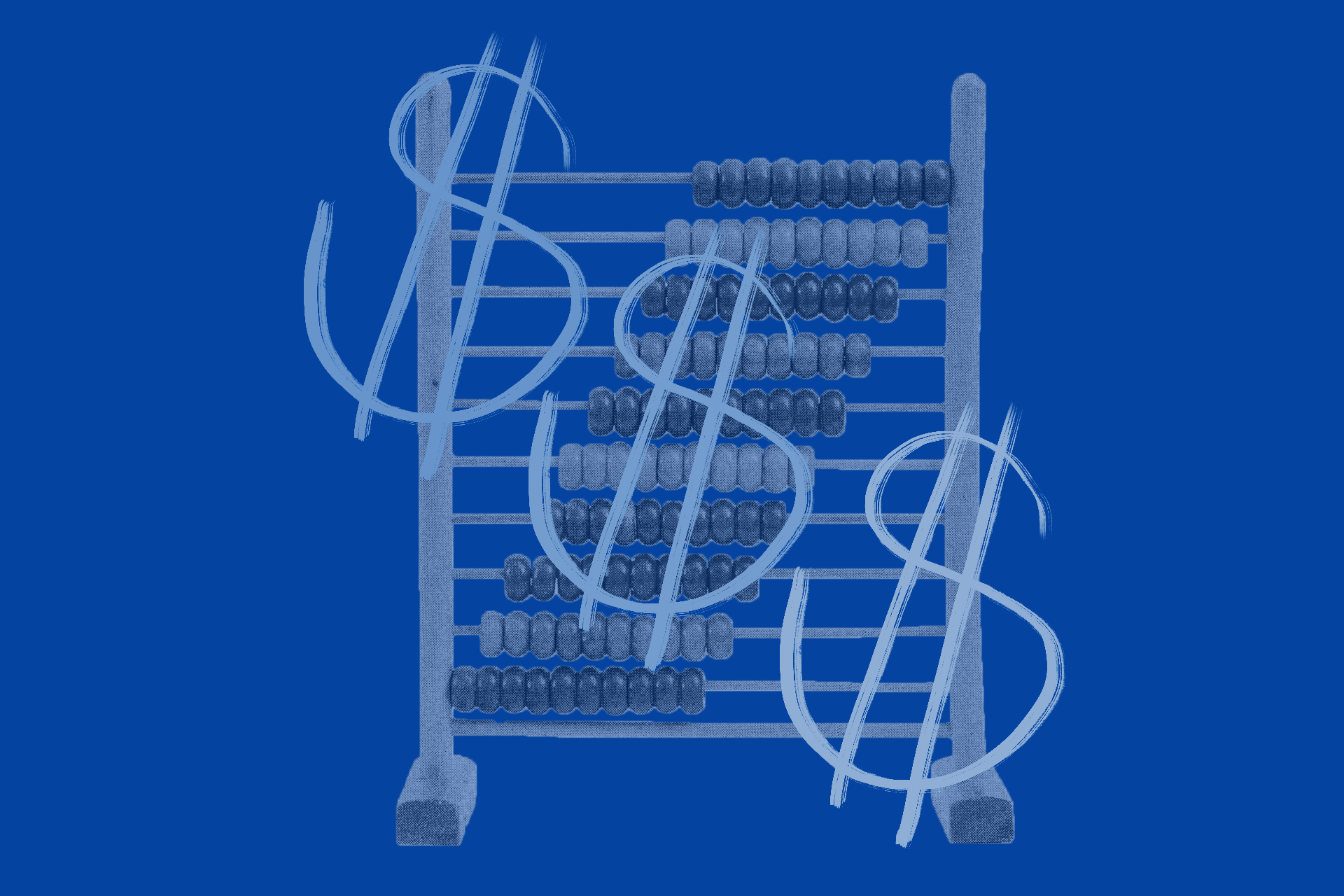
What can we help you with?


How to Calculate Debt Service Coverage Ratio (DSCR)

Introduction
Debt to Coverage Service Ratio (DSCR) is a tool that lenders use to determine whether or not your income and debt are sufficient for the loan you are requesting. The DSCR is calculated as a ratio of your housing expenses (including principal, interest, taxes, insurance and HOA dues) divided by your gross monthly income.
What is the Debt to Coverage Service Ratio (DSCR) and how is it used?
The debt-to-coverage service ratio (DSCR) is a predictive measure of the ability of a property to generate enough revenue to cover costs of property management, debt servicing and repaying loans.
It can also be calculated by dividing the amount owed on your mortgage by the net operating income (NOI) you receive from your rental property.
Unique guidelines for Debt to Coverage Service Ratio (DSCR) home loans
One of the unique guidelines for debt to coverage service ratio (DSCR) home loans is that they are available only to non-QM customers.
For this reason, you may need to refinance your current mortgage in order to take advantage of a DSCR mortgage loan.
How to calculate Debt to Coverage Service Ratio (DSCR)
The Debt Service Coverage Ratio (DSCR) is a critical loan parameter that lenders use to determine the borrower’s ability to repay. It's calculated by dividing the total monthly debt service by the total monthly income. This ratio allows lenders to ensure that they are making loans with no more than 1.5 times annual gross income required for payments and taxes, insurance, and other recurring costs of owning a home. There is no maximum DTI ratio for DSCR home loans.
While some mortgage programs require borrowers who have DSCR requirements of FICO scores above 640, or payment history with at least one 30-day delinquency in the past 24 months; others do not have any minimum requirements at all when it comes down whether or not you qualify for such financial products.
What is a good DSCR?
DSCR is a measure of the ability of a borrower to repay their loan.
It's calculated by dividing the loan amount by annual housing expense. DSCR should be greater than 1.0
DSCR home loans are a type of non-QM.
- A DSCR home loan is a type of non-QM loan.
- A DSCR home loan is not eligible for Fannie Mae or Freddie Mac guarantees.
- A DSCR home loan has a Debt-to-Coverage Service Ratio (DSCR) requirement, which must be met in order to qualify for the mortgage financing.
Conclusion
We hope this guide has helped you better understand how to calculate Debt to Coverage Service Ratio. If you have any questions about the topic contact us today!
Don't Stop Here

Upfront vs. Ongoing Costs: A Comprehensive Look at Mortgage Expenses

The Role of Real Estate Agents: Partnering for Success in Mortgage Deals


